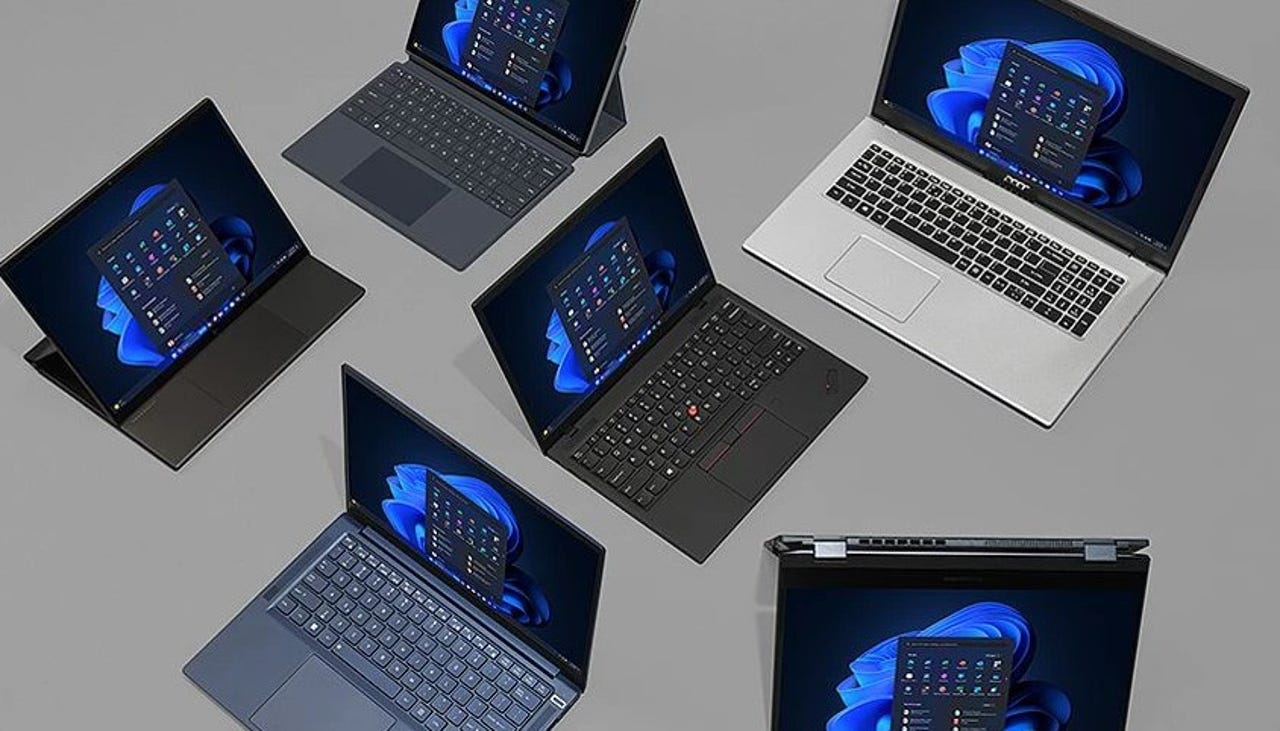Here's the best way to upgrade to Windows 11 Pro, and why you should


If you've shopped for a new PC in recent years, you're probably familiar with this phenomenon: The majority of computers you see for sale at local retail outlets (or in online stores aimed primarily at consumers) come with Windows 11 Home edition preinstalled. If you're buying that PC for work, do you need to upgrade to the Pro edition? And what's the best way to do that without spending a fortune?
Also: Windows 11: Do these six things right away after you finish setup
First, the reason you see so many PCs preinstalled with Home edition is simple dollars and cents. The PC industry is extremely price-sensitive, and Windows Home edition costs the PC makers less than the Pro edition, which in turn allows them to cut the price tag on a PC model by $50 or more.
For most consumers, Home edition is good enough. Businesses that run on Windows enterprise networks or that use business editions of Microsoft 365 need Pro edition, however, because it's required to join a PC to a Windows domain or Azure Active Directory account and then manage that PC with Group Policy and mobile device management software.
Do you need to upgrade to Windows Pro edition?
Pro edition does have a few added features you might be willing to pay for, especially if you're planning to use your PC for business.
- It supports full BitLocker encryption without requiring the user to sign in to a Microsoft account. It also allows the use of Microsoft Information Protection features for secure document sharing.
- You get to use the full Hyper-V virtualization platform to create and run virtual machines.
- The Windows Sandbox feature allows you to spin up an instant virtual machine for test purposes. It's completely isolated from the main Windows installation, and every trace of your activity vanishes when you close the Sandbox.
- You can configure Pro edition to be a remote desktop server, allowing you to connect to it remotely from another Windows PC (even one running Home edition) or from a Mac or a mobile device.
- Instead of installing updates on Microsoft's schedule, you can set up custom schedules for devices, deferring updates for up to 30 days while you wait for other people to experience any update-related bugs.
- Using a feature called Assigned Access (previously known as Kiosk Mode), you can lock down a user account so it can only use a single app.
See anything in that list you need?
What's the best way to upgrade without spending a fortune?
If you prefer a PC that comes with Windows 11 Pro (or Windows 10 Pro, for that matter), your best bet is to look for online stores that specialize in PCs built for business. You can also go to online dealers like Dell, who will happily configure a PC to your specifications. Adding the upgrade to Windows Pro typically costs $50-80.
Or you can buy one of those PCs with Home edition installed and upgrade it yourself.
Also: Windows 11 setup: Which user account type should you choose?
If you have an existing license key for Windows 10 Pro or Windows 11 Pro, you can use that key to upgrade. (You used to be able to use a corresponding key from Windows 7 or 8.x to upgrade a PC running Windows 10 or 11, but Microsoft closed that loophole in 2023.) Instructions here: "How to upgrade from Windows Home to Pro.")
You can also buy the Pro license online. The full retail price is $200 (ouch) at the Microsoft Store. The advantage of buying a full retail license is that you can use it as an upgrade or a new installation, and the license can be moved to another machine if you retire the original PC and acquire a new one. From the Store, you can also buy a Windows Pro upgrade for $99; just be aware that that upgrade can't be transferred to a new PC.
You can find legitimate discounts of $50-100 from other online retailers. Be suspicious of any discount that's more generous than that. If you see a "lifetime license" for Windows 11 Pro offered for $49 or less, the seller is likely dealing in "gray market" copies. The product key will probably work, but there's a very small chance that Microsoft could revoke that license key in the future.
Also: The best Windows laptop you can buy: Expert tested
If you're buying the upgrade for a home PC, it might be worth the gamble, but you're better off not taking the chance with products you're buying for a business.